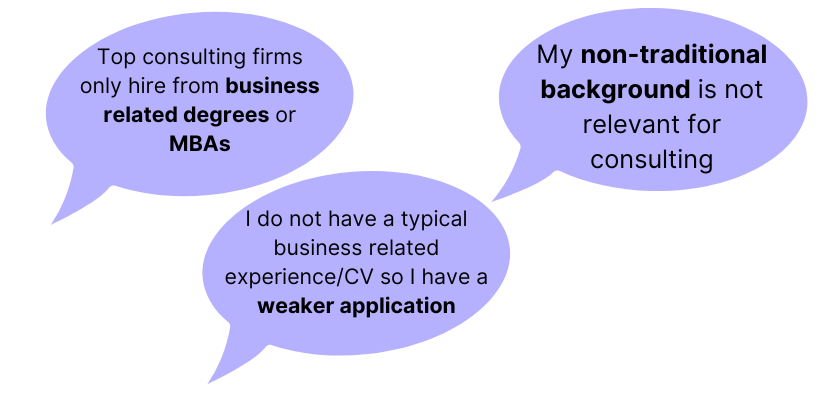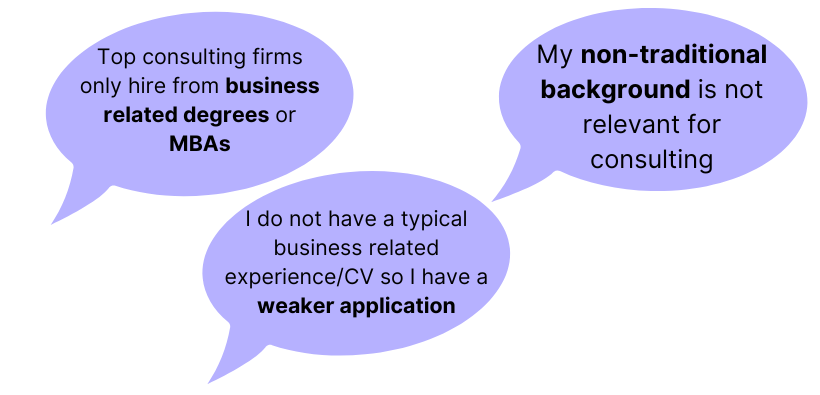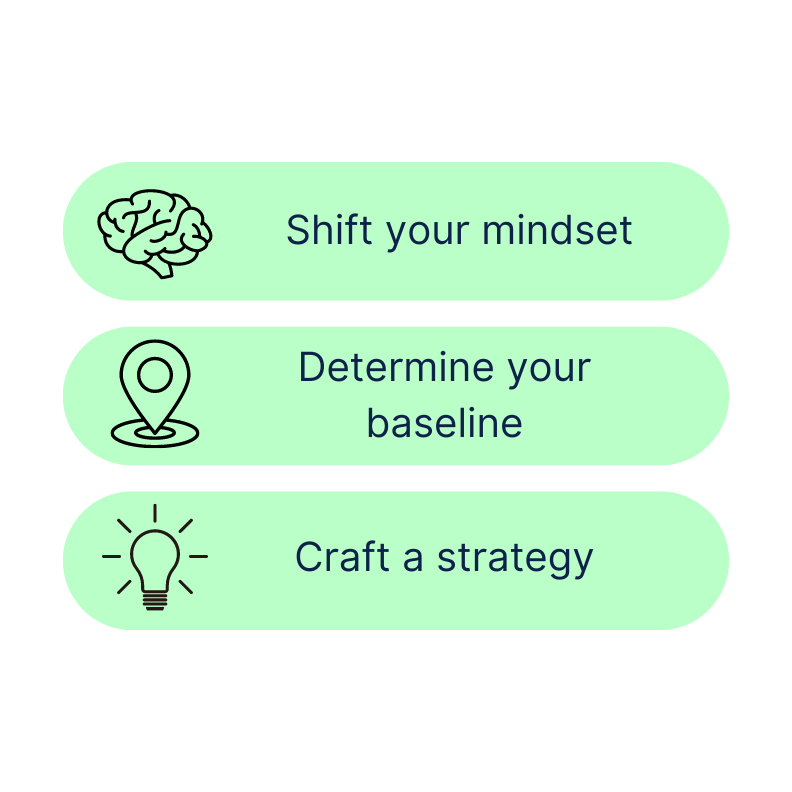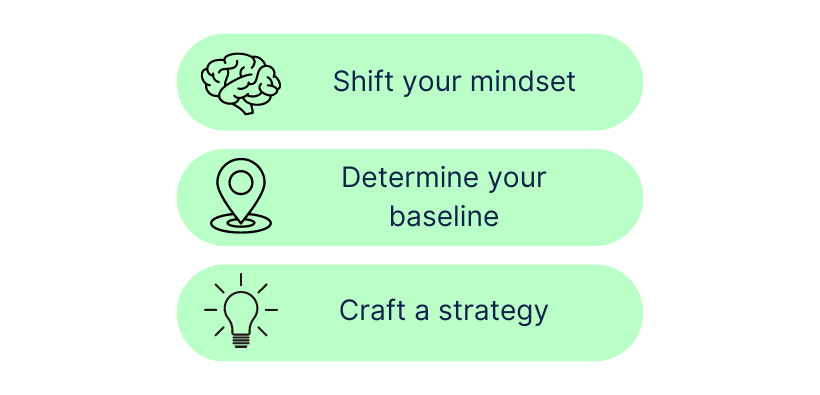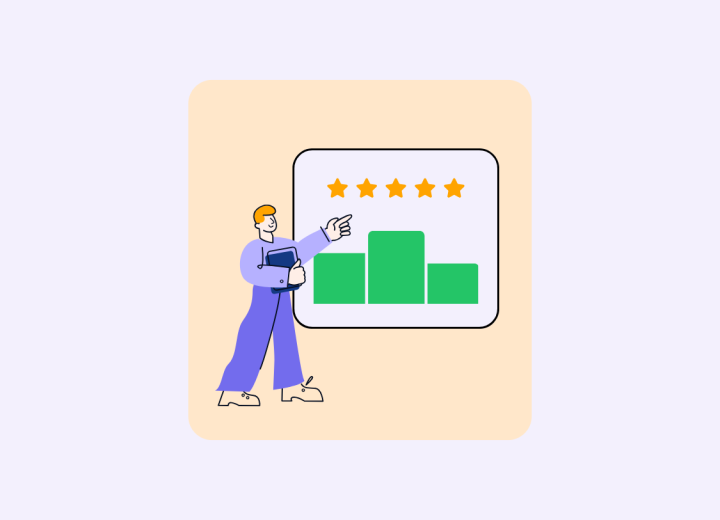Do you come from a liberal arts background, and have doubts on whether you can break into consulting? Are you worried that you are disadvantaged in the consulting application process because you did not study an MBA or a business-related degree?
In many geographies, studying the humanities and social sciences is often considered a ‘non-traditional’ path especially when business and other professional degrees are seen as the default and typical path to securing a job in the corporate world and in consulting. I, too, faced similar doubts: I was a final year History major in college with zero internship experience wondering if I could break into consulting.
However, the reality is that having a liberal arts background does not necessarily put you at a disadvantage when trying to break into consulting at MBB or other top consultancies such as Roland Berger, Oliver Wyman, or Kearney.
In this article, I hope to shed some light and dispel some common myths on this topic. In addition, I will also share key insights on how you can use your non-traditional background to your advantage in the application and interview process.



